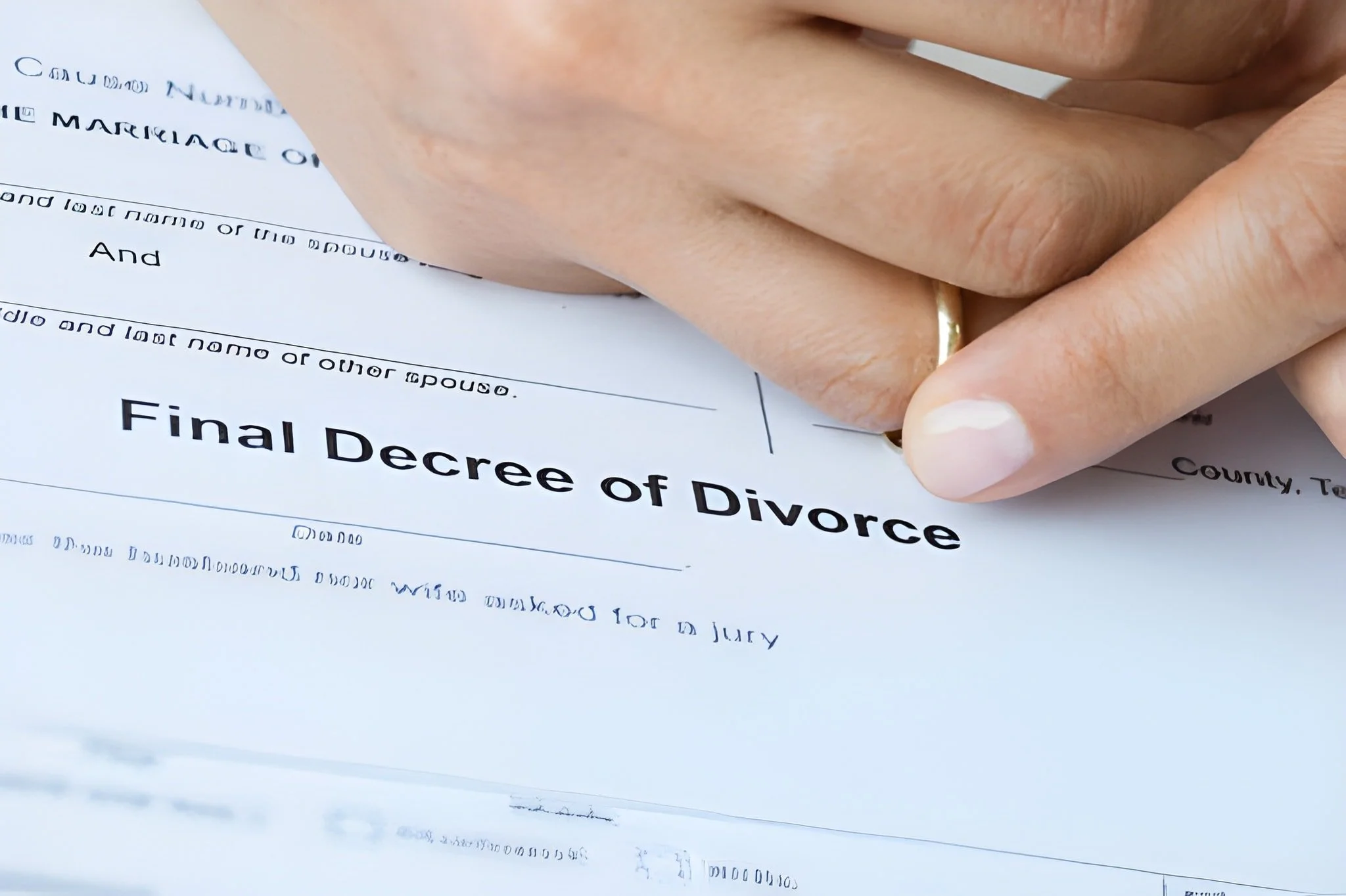On 10 June 2025, amendments were made to the Family Law Act 1975 (Cth). Many of the changes have been directed to increasing the safety of children and families, particularly where family violence impacts that family, and to improve the efficiency of the Court system.
Prior to the amendments coming into effect, couples married for less than two years seeking to divorce were required to attend counselling and provide a certificate to the Court. This requirement has been removed. Accordingly, you are now able to apply for a divorce once you have been separated for at least 12 months, without the need to attend counselling regardless of the length of your marriage.
Another change includes the need for attendance at a divorce hearing. Prior to 10 June 2025, a sole applicant to a divorce application was required to appear at a divorce hearing where the parties had children under the age of 18 years. With recent changes to the legislation, a sole applicant is no longer required to appear at the divorce hearing as long as the respondent does not request to attend the hearing.
The Court filing fees for a divorce – whether a sole or joint application – are now uniform. As at 1 July 2025, for an application for divorce, the filing fee is now $1,125. Where you are eligible for a reduced fee (i.e. if you can demonstrate financial hardship or hold certain Government concession cards), the filing fee will be $375.
Importantly, the following has not changed with respect to divorce proceedings:
Australia has a ‘no fault’ divorce system. This means you can apply for a divorce as long as at least one of you is of the view that your marriage has irretrievably broken down. You must state that there is no reasonable chance that you and your former spouse will reconcile.
You do not require mutual consent to separate. Separation occurs if you have communicated to your former spouse that you regard the relationship as over and you do not wish to reconcile.
You can be separated under the one roof, or where you are living separately. Where you have been separated under the one roof, you will need to provide the Court with further information to establish the ‘change’ to your relationship by way of affidavits in support of your divorce application. This includes information about changes to sleeping arrangements and routines, division of finances, care of children, outward appearance to social circles etc.
If filing for a joint application, both parties to the marriage will need to file an affidavit. If filing for a sole application, the party making the application will need to ask someone to file an affidavit in support of their application in addition to their own affidavit. Your support person will need to provide as much information as they can about the separation including any direct observations about you and your partner living separate lives and any conversations that you have had about your separation. It is important they provide this evidence independently of you and your partner.An application for divorce is separate to your property settlement. You can commence the property settlement process prior to making an application for divorce. Once your divorce has been granted, you have 12 months to commence proceedings in relation to financial matters or lodge an application for consent orders.
You can make arrangements for any children prior to any application for divorce. Again, this is separate to an application for divorce. If you have children under 18, you will be required to detail any arrangements for them in your divorce application.
If you are considering applying for a divorce or if you have recently separated, you should consider seeking independent legal advice from a family lawyer. Our lawyers here at Robinson + McGuinness Family Law can provide you with tailored advice about divorce, parenting arrangements and property settlements. To arrange an appointment with one of our family lawyers, please complete the enquiry form below or call us on (02) 6225 7040 or email info@rmfamilylaw.com.au, or get started now online.

